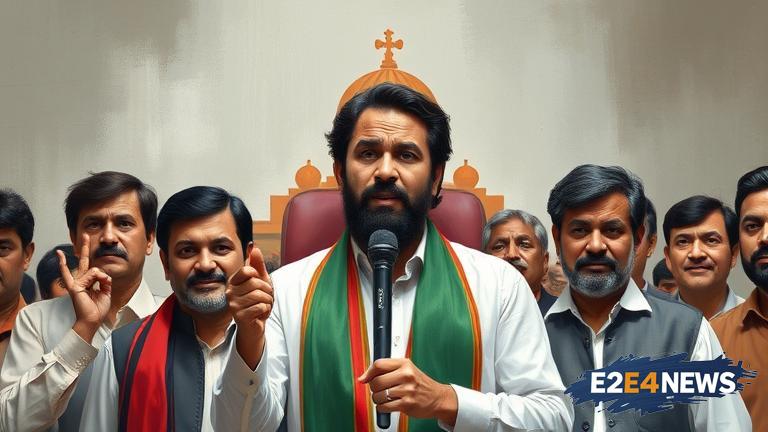The Peshawar High Court has recently sought a response from the Election Commission of Pakistan regarding a petition filed by the Pakistan Tehreek-e-Insaf party, which is led by former Prime Minister Imran Khan. The petition in question pertains to the status of independent candidates who have been elected to the provincial assembly. The PTI has argued that these independent candidates should be allowed to join the party, as they had been elected on the PTI’s ticket in the general elections. However, the Election Commission of Pakistan has opposed this move, stating that the independent candidates had not been officially affiliated with the PTI at the time of their election. The court has given the Election Commission a deadline to submit its response to the petition. The PTI has claimed that the independent candidates had been forced to contest the elections as independents due to the party’s inability to award them tickets. The party has also argued that the independent candidates had always been loyal to the PTI and had worked tirelessly for the party’s campaign. On the other hand, the Election Commission has maintained that the independent candidates had chosen to contest the elections on their own and could not be considered as part of the PTI. The commission has also pointed out that the independent candidates had not followed the proper procedure for joining the PTI. The court’s decision in this case is likely to have significant implications for the political landscape of Pakistan. The PTI has been trying to increase its numbers in the provincial assembly, and the inclusion of the independent candidates could potentially give the party a majority. However, the Election Commission’s opposition to the move has created uncertainty about the outcome. The case has also highlighted the complexities of Pakistan’s electoral system, which allows independent candidates to contest elections. The system has been criticized for being prone to corruption and horse-trading, where independent candidates are often elected with the support of political parties. The PTI has vowed to continue its fight for the inclusion of the independent candidates, and the party’s leaders have expressed confidence that the court will rule in their favor. The Election Commission, on the other hand, has stated that it will continue to oppose the PTI’s petition, citing the need to uphold the integrity of the electoral process. The case is being closely watched by political analysts and observers, who are eager to see how the court will rule. The outcome of the case could have significant implications for the future of Pakistani politics, and could potentially lead to changes in the country’s electoral system. The PTI’s petition has also sparked debate about the role of independent candidates in Pakistani politics, with some arguing that they are essential for providing an alternative to the traditional political parties. Others have argued that independent candidates are often used as a tool for political parties to increase their numbers in the assembly. The court’s decision will likely be influenced by the country’s constitution and electoral laws, which provide guidance on the status of independent candidates. The case has also highlighted the need for electoral reform in Pakistan, with many calling for changes to the system to prevent corruption and horse-trading. The PTI’s petition is just one example of the many challenges facing Pakistan’s electoral system, and the court’s decision will be closely watched by all stakeholders. The country’s political parties, including the PTI, have been accused of exploiting the system for their own gain, and the case has sparked calls for greater transparency and accountability. The Election Commission has a crucial role to play in ensuring the integrity of the electoral process, and its response to the PTI’s petition will be closely scrutinized. The court’s decision will ultimately depend on its interpretation of the law and the constitution, and the outcome is likely to be influenced by a range of factors, including political considerations and public opinion. The case has significant implications for the future of Pakistani politics, and the court’s decision will be eagerly anticipated by all stakeholders.
